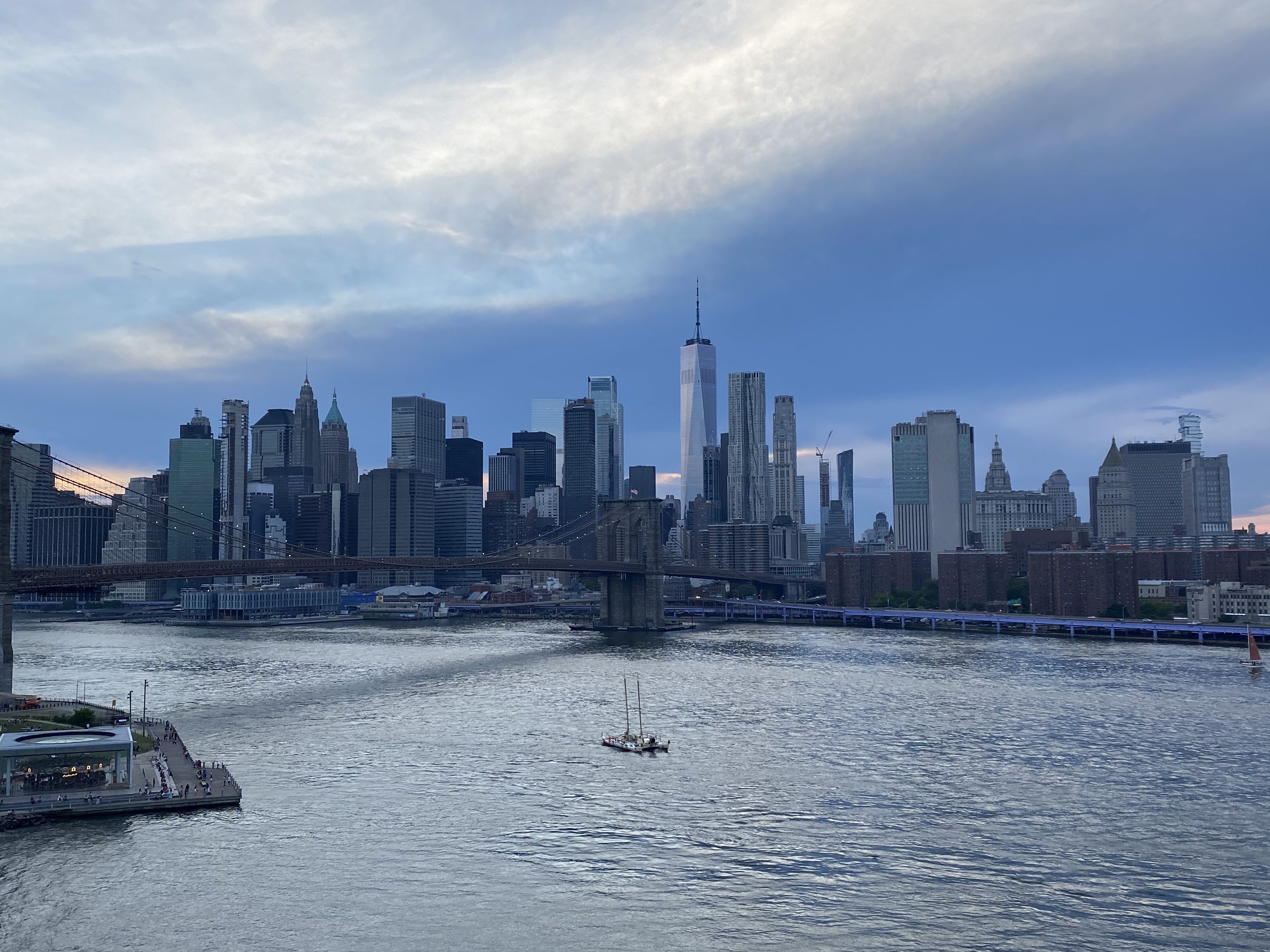With key energy accords on the table at the second South America-Africa (ASA) summit here, Libyan leader Moamer Kadhafi upped the ante Saturday with calls for the creation of a “NATO of the South” by 2011.
Venezuelan President Hugo Chavez, who has long sought to improve relations among non-Western nations, opened the meeting in the locked-down scenic resort of Isla Margarita, where Venezuelan military have set up checkpoints and banned all weapons.
The summit, following a first meeting in 2006 in Nigeria, is being attended by 30 heads of state and representatives from a further 30 nations.
“Our union will contribute to a balanced world, “said Chavez, while praising his “brother” Kadhafi, who earlier this week lashed out at Western powers in a damning address to the UN General Assembly.
The Libyan leader, who in his rambling 95-minute speech at the United Nations called on the Security Council to be renamed the “Terror Council,” said he was pushing for the creation of a “NATO of the South” by 2011 to counter the military bloc of the United States and European powers.
Energy infrastructure development and joint oil project cooperation were the central topics of the meeting, however, with a final declaration expected to include a number of specific joint commitments.
“I’m sure that we will have a series of agreements on this issue that will be very important,” said Venezuelan Minister of Energy and Petroleum Rafael Ramirez.
He added that cooperation agreements will seek to build up domestic energy capacity and resources.
“All the energy infrastructure, both in South America and in Africa, was designed and developed to meet the energy requirements of the industrial powers that our countries were satellites of,” he lamented.
A draft statement from the summit also highlighted the need to create new financial architecture to regulate world markets in the light of the devastating economic crisis, and a rejection of the drug trafficking that plagues the two regions.
Chavez was especially effusive about Kadhafi, confessing great “admiration” for the leader who is marking his first visit to Latin America since he came to power 40 years ago.
Venezuelan state media meanwhile reported earlier that Kadhafi and Chavez, both traditional foes of the United States and Western powers, will sign eight cooperation agreements on Monday.
“Libya is the gateway to Africa for us because it is a country well-known for its socialist policies that plays an important and strategic role for us,” said Venezuelan Ambassador to Tripoli Afif Tajeldine.
Brazilian President Luiz Inacio Lula da Silva, one of the instigators for the first ASA summit, meanwhile said there was “no global challenge in the 21st Century that cannot be tackled by Africa and South America, and there is no challenge that can be addressed without (the two regions).”
Chavez’s other high-profile guests at the Caribbean resort destination also included Argentina’s Cristina Kirchner, Zimbabwe’s Robert Mugabe and the Democratic Republic of Congo’s Joseph Kabila.
The Venezuelan leader also revealed Saturday that Libya would be the site of the next ASA summit in 2011.

